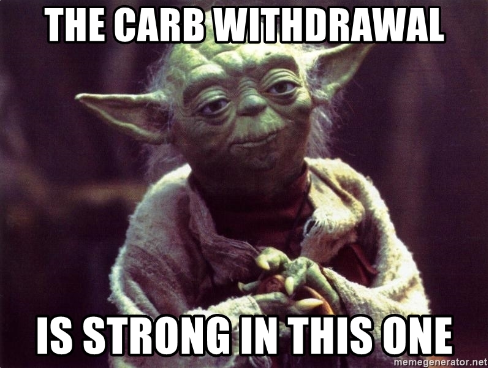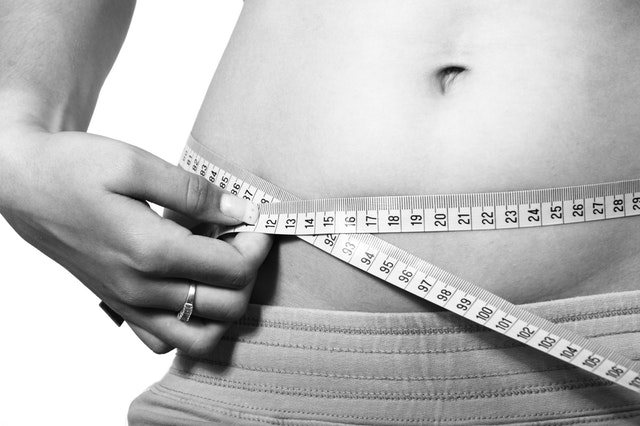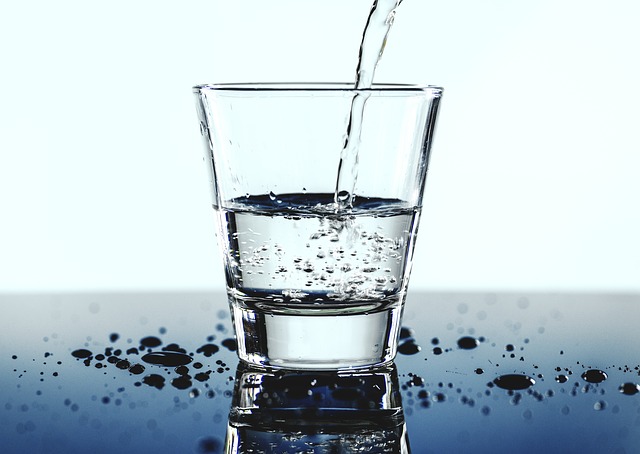Sugar has a tremendous effect on the brain. High sugar diets fill the brain with a false sense of temporary bliss similar to that feeling you get from drugs.
This is the reason a person has experience withdrawal symptoms when they reduce their carbohydrate intake.
The symptoms felt by people starting this diet display include mood swings, general fatigue, and irritability among others.

These symptoms resemble (surprisingly!) those shown during drug abuse withdrawal. Since it is not an easy process, you should prepare yourself psychologically to avoid a relapse into bad habits.
The withdrawal signs don’t last long: in a week or two, your body should have adjusted to the change in food source and at that time you will have reached your goal.
The goal, of carbohydrate withdrawal, is to train your body to begin using fat as the primary energy-giving food. For this reason, the first week will be the hardest.
If you’re about to go on a no-carb diet, these are the symptoms you can expect and how to handle them.

Headaches and haziness
In the initial days, you might experience what is called ‘keto headaches’ and brain fog. These are not serious medical conditions and should not deter you from reaching your carb goal.
According to the ketogenic supplement blogpost, these headaches are caused by dehydration and electrolyte deficiency. The ratio of water to glycogen stored in the body is 3:1, which is why you feel dehydrated.
Dehydration
When you change your diet this radically, the body cannot obtain the water amounts it was used to. Lack of sodium due to low insulin production as a result of the low carb diet causes an electrolyte deficiency.
The fact that you might be sweating and releasing these salts and reducing the intake also contributes to it.
To mitigate this, you should drink a lot of water and consider taking bone broth when you can. You can even drink pickle juice or just some coffee with salt.

Sugar Cravings
You might crave sugar foods from time to time. This is a normal response to your body missing something it was used to receiving frequently.
You can include light sugar snacks in your daily plan to take away some of the strain. You can also try alternative delicacies to take your mind off the carbohydrates.
Have you heard about the ketogenic diet? It’s a low-carb, high-fat diet that reduces carb intake drastically, and might help you with the sugar craving. To get started, check out some of top 30 most recommended keto products.
Irritability
You might grow slightly more irritable and feel discomfort because you will be thinking a lot about carbohydrates.
To help you get over this, you can substitute those carbohydrates with fat and fiber-based meals.

Constipation
You might experience constipation, a result of your digestive system conforming to the new diet routine.
To relieve this stress, ensure you drink enough water and consume enough salt. Constipation is most likely a result of dehydration.
Try to eat foods with a lot of fiber while you are at it.
Heart palpitations
You may also notice increased heart palpitations or the heart beating harder. This is nothing unusual, just drink a lot of water.
These palpitations are caused by dehydration and lack of salt. Low blood salt levels make the heart work harder to get the least resources to their destinations.


Change has never been easy. Since carbohydrates are, an integral part of our diet, switching from them completely is a daunting task.
Use the hacks you have read here to make the transition easier. They can keep you from going insane in those few days while starting your low carbohydrate diet.
Do not fret too much. Remember, that bad feeling you get is only passing but what you stand to gain is worth more.




